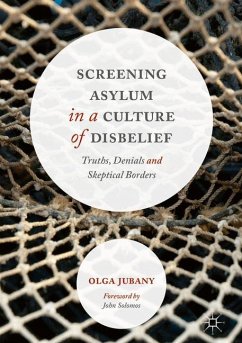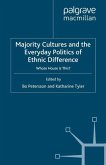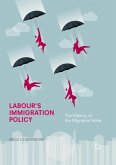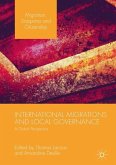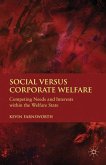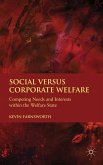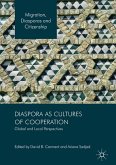This ethnographic book enhances our understanding of asylum screening, an area of immigration that is often overlooked and remains under-researched. Falsely perceived as a one-dimensional function of static state power, it is here revealed that asylum decisions at borders respond to a complex cultural construction, saturated by a meta-message of disbelief, denial and moral panics. The author demonstrates that immigration officers' work patterns, behavior and decisions are informed by such stereotyping, which has led to asylum narratives being interpreted in the light of concepts of social acceptability and rejection. Establishing a parallel with law enforcement, the author argues that this process replicates a professional world of categorization and control, forged within an autonomous immigration service subculture. This timely work will appeal to students and scholars of migration studies, identity and ethnic studies, social anthropology, sociology, law and policy studies.
>
>

